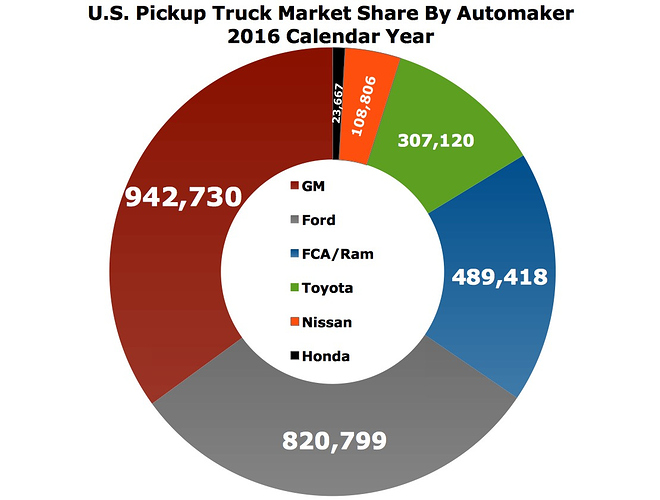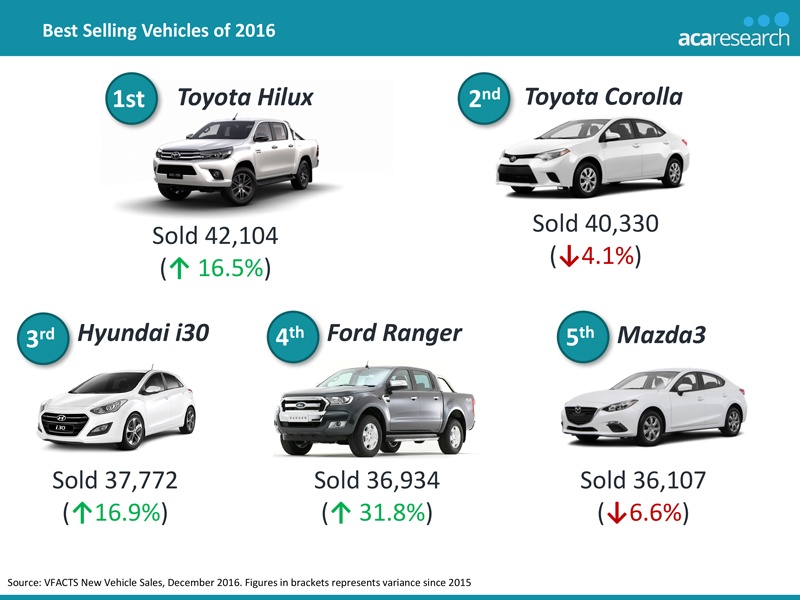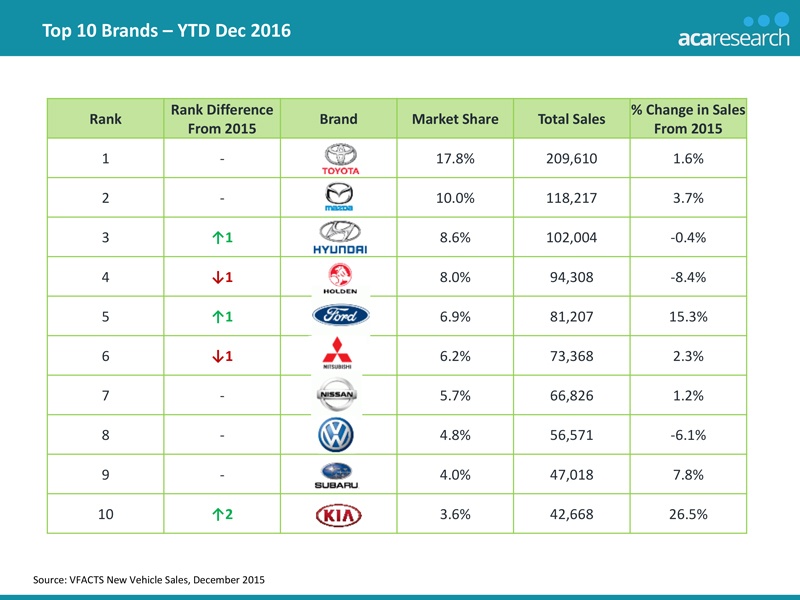i don’t know many enormous market controlling companies have a small variety easy to navigate
USA car making is a different story, considering the size of market and government policies.
a maker could have just 5% market share of a design variety and still be viable in US manufacturing
Not surprisingly they exceed this
.compared to our population you would need 10x that not many car markers can command minimum 50% on one model blueprint ,
not surprisingly Commodore and Falcon were very successful being manufactured here when car variety was limited to a few brands with narrow hatchbacks and popular large car segment owned ~80% market,
It should not surprise we have no makers
Back to our problem with excessive variety, Holden and Ford sell no less that 10 different shell designs SUV full compact mid mini 4wd large medium, Hatchback small medium large.utility pickup
Even if all car makers but ford and holden were banned from the country
how can they possible get the numbers in one shell design to efficiently make a factory line.
Not surprisingly US market buy a narrow taste of vehicle variety
selling >900,000 Pickups alone by Ford 1 Brand! Toyota >300,000
With numbers like that pretty easy to manufacture cars
Look at australia, top selling car Hilux 40,000 only
Huge varieties of Cars has been a disaster to our country under the illusion of choice to value,
the variety has cost manufacturing jobs,
drives up cost of parts; retailers now stocking huge variety of parts and accessories many of which may never sell so they need large margins on what we buy to cover inevitable losses
I actually suspect despite the $13990 talk of cars
that the prices have gone up since the variety increased because they get you in with magic loss leading base models and bamboozle with tiered varieties of the models accessories often highly inflated
the top tier $30,000 always flaunted as why the $20,000 model is fantastic value, but is it really?
certainly I’ve never seen a car advertise anything but the base model until your in high pressure one to one selling unable to compare with the competitors mid range variety.
even the ads always show the base price but picture new to it the top model with a disclaimer premium model displayed


